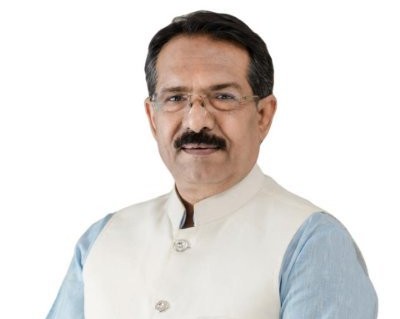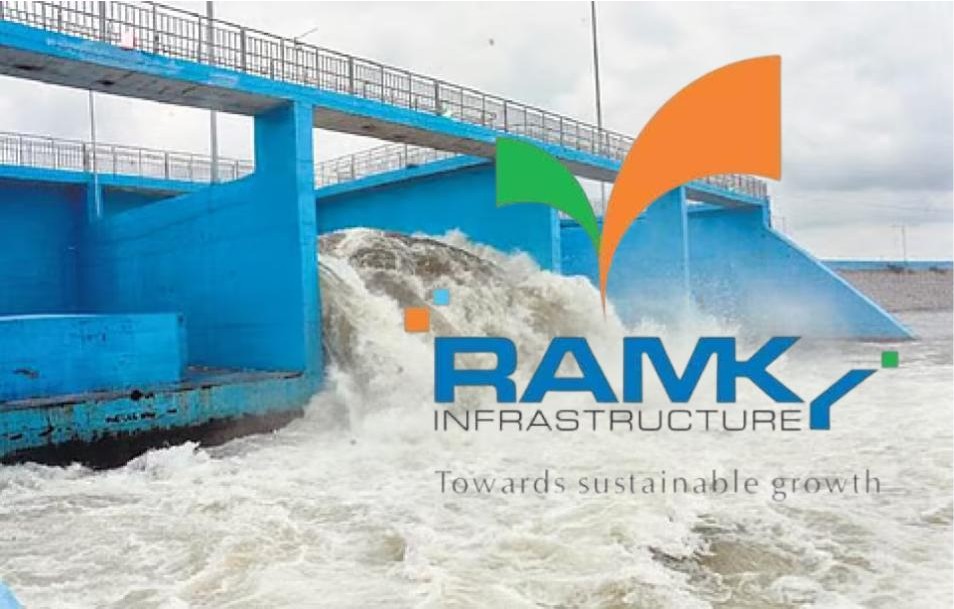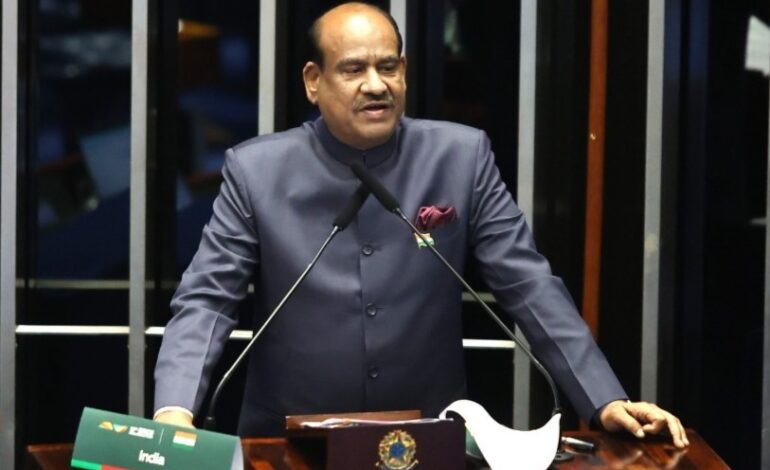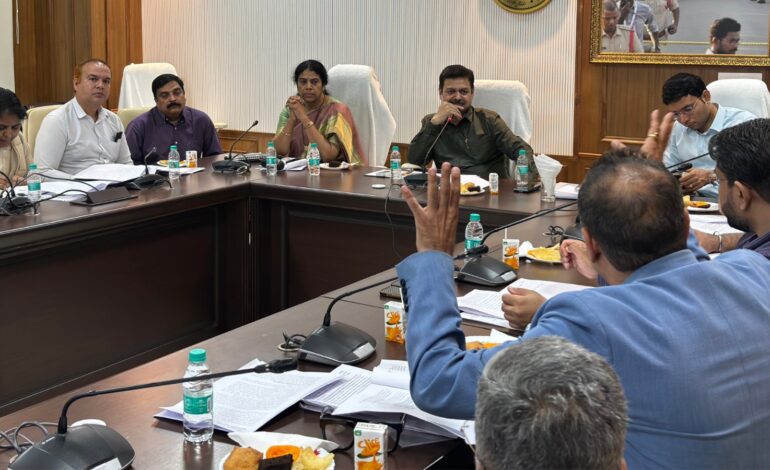India Steps Up ESG and Responsible Business Mandate; IICA, SEBI Lead Regulatory Push: Govt

Minister of State for Corporate Affairs and Road Transport and Highways, Harsh Malhotra, presented the developments in the Lok Sabha on Monday.
New Delhi, July 21: India is reinforcing its commitment to responsible business practices and Environmental, Social, and Governance (ESG) standards through a combination of institutional initiatives and regulatory mandates, the Union government said on Monday.
Minister of State for Corporate Affairs and Road Transport and Highways, Harsh Malhotra, presented the developments in the Lok Sabha, underlining the government’s consultative approach to policy formation and stakeholder engagement in advancing responsible business practices across India.
At the forefront is the Indian Institute of Corporate Affairs (IICA), which is actively shaping the national discourse on business responsibility through research, training, and its flagship annual event—the National Conference on Responsible Business Conduct (NCRBC), the minister said.
Established under the Ministry of Corporate Affairs, the IICA has been instrumental in advocating responsible corporate conduct. The NCRBC, a multi-stakeholder platform, facilitates knowledge sharing and capacity building around sustainability, governance, and ethical business practices. While the conference aims to foster consensus and academic engagement, it does not serve as a formal policymaking forum.
The foundation for ESG integration into Indian corporate governance was laid with the Companies Act, 2013, which requires key disclosures and duties from company boards—ranging from energy conservation and women director appointments to CSR spending and maternity benefits. These mandates position the Board of Directors as stewards not just for shareholders, but for all stakeholders, including employees, communities, and the environment.
In parallel, the Securities and Exchange Board of India (SEBI) has progressively expanded ESG oversight through the Business Responsibility and Sustainability Reporting (BRSR) framework. Initially introduced as voluntary Business Responsibility Reports (BRRs) for the top 500 listed companies in 2012, the scope was later widened to the top 1000 companies by market capitalization.
Since FY 2022–23, BRSR reporting has become mandatory. SEBI has further strengthened the framework through the BRSR Core, introduced via circulars in July 2023 and March 2025. This includes a focused set of Key Performance Indicators (KPIs) requiring third-party assurance—starting with the top 150 companies and gradually extending to the top 1000 by FY 2026–27.
In another landmark move, SEBI has mandated voluntary ESG disclosures across the value chain of the top 250 listed companies starting FY 2025–26, with voluntary assurance mechanisms kicking in from FY 2026–27. These rules apply to both public and private sector enterprises.
As India navigates its journey toward sustainable growth, these measures are expected to further institutionalize ESG standards in corporate governance and align the country’s business ecosystem with global best practices, an official release stated.








